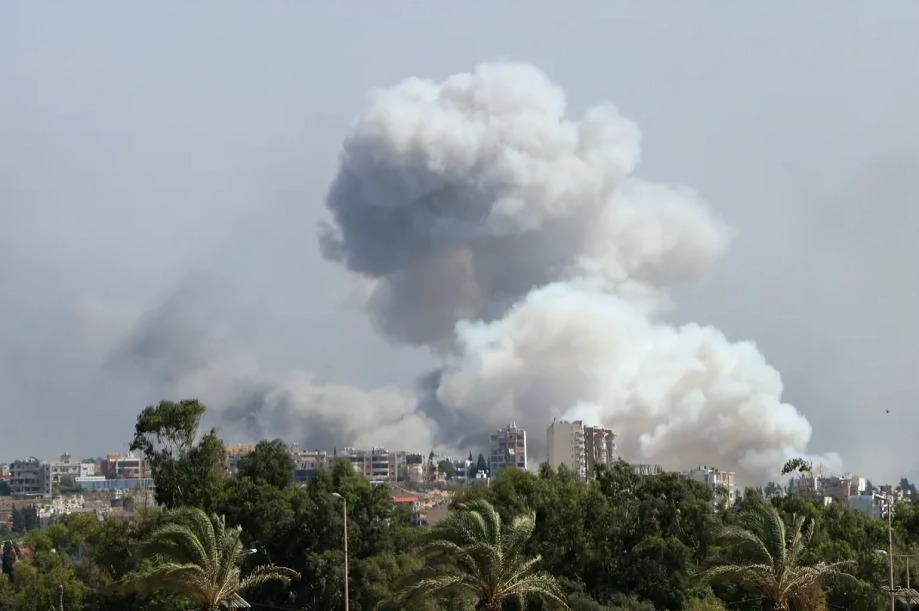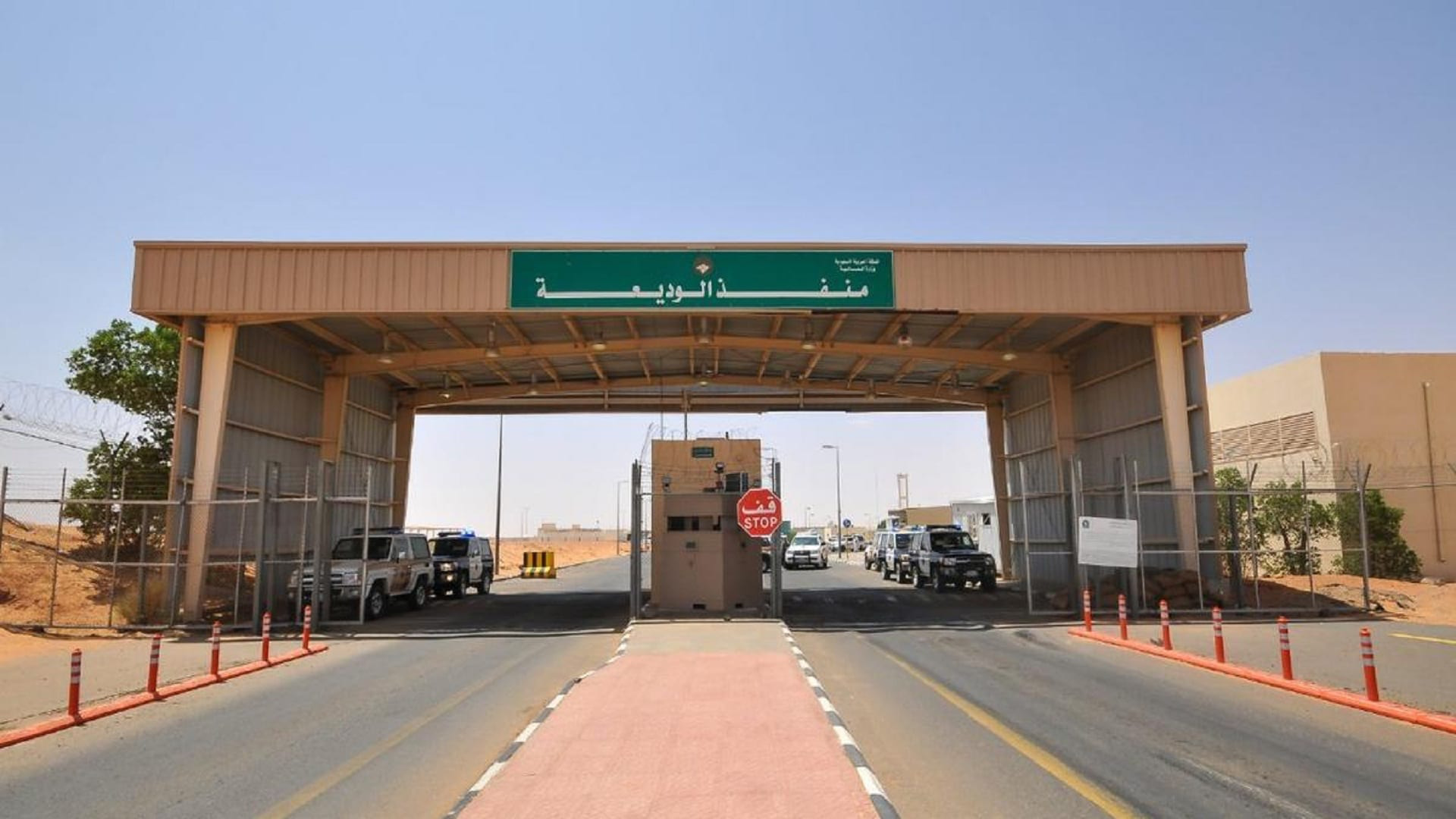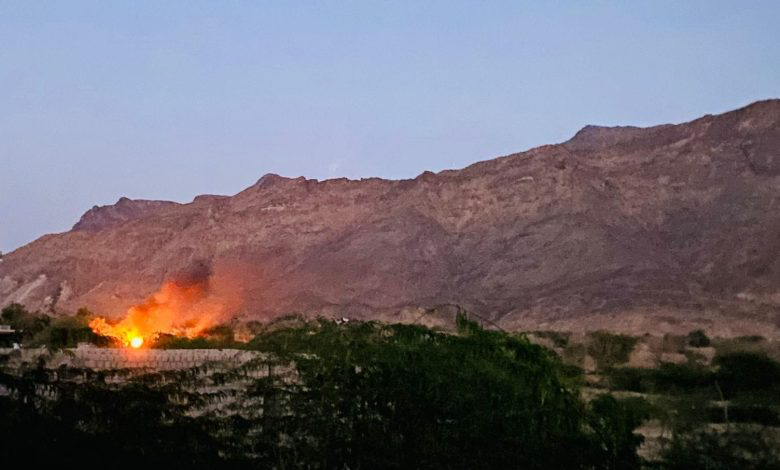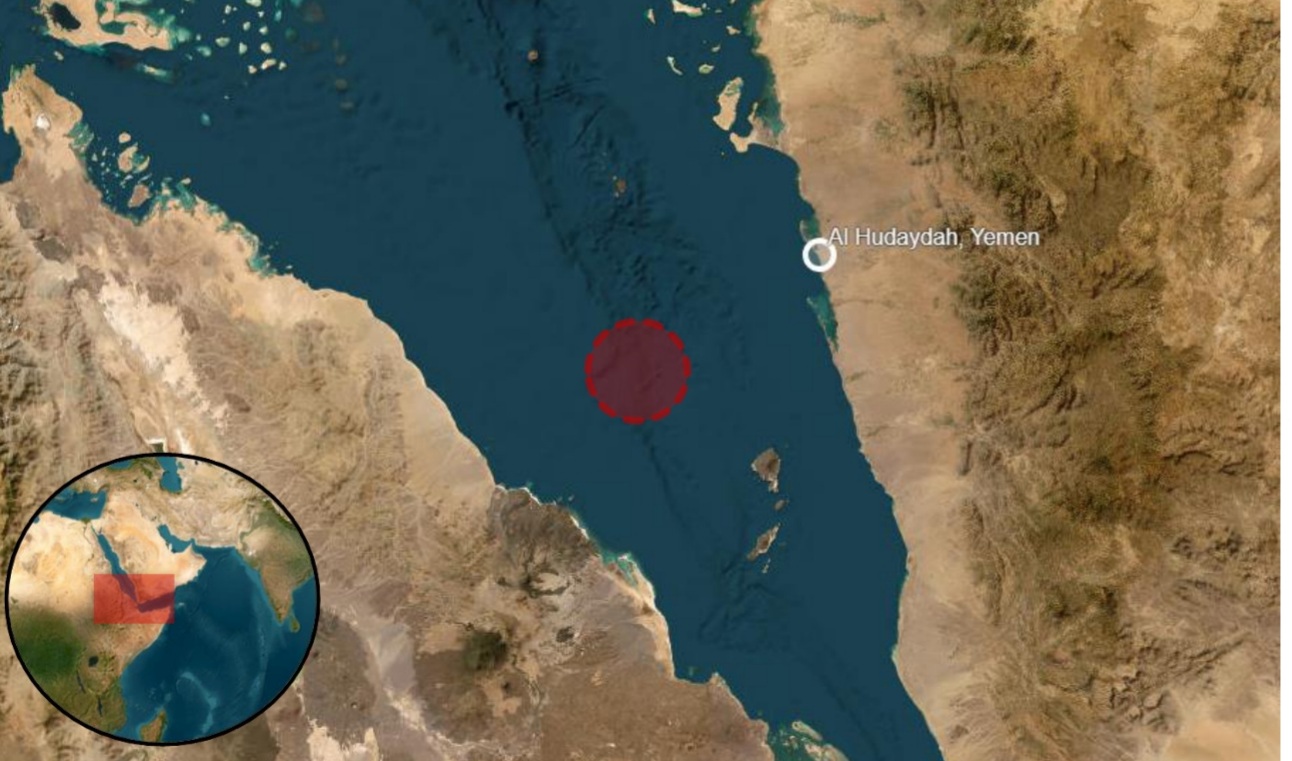
Barran Press
Beirut, Lebanon – In a grim update, Lebanon has reported that 274 people, including 21 children and 39 women, were killed on September 23, 2024, in what are described as the most severe Israeli airstrikes on Lebanese territory since October 2023.
Lebanese Health Minister Firas Al-Abyad announced the preliminary death toll at a press conference, stating, "This current figure is unprecedented, with 274 martyrs, including 21 children and 39 women. Some victims remain unidentified, and the number may rise."
In addition, Al-Abyad reported that 1,024 individuals were injured, with casualties being treated across 27 hospitals. He noted that emergency responders also suffered losses, with two paramedics killed and 16 injured. Ambulances and a medical center were targeted during the strikes.
"This number of injuries is unprecedented," Al-Abyad said, revealing that in less than a week, around 5,000 people have been injured, nearly half the total of 10,000 recorded during the July 2006 war. He condemned the "brutality and aggression" exhibited by Israeli forces.
The Israeli attacks reportedly targeted vehicles carrying displaced individuals seeking safer locations. In response to the escalating violence, the Ministry of Public Health issued guidelines for hospitals in southern Lebanon, Nabatieh, Bekaa Valley, and Baalbek-Hermel, instructing them to stop accepting non-urgent cases and focus on treating injuries. Hospitals in Beirut and Mount Lebanon were also advised to prepare for incoming casualties from the south.
Al-Abyad emphasized efforts to increase hospital capacity in the affected regions in anticipation of further assaults. The attacks have triggered mass displacements, forcing thousands of families to flee targeted areas.
The Health Minister also highlighted the activation of an emergency plan, establishing a crisis operations center for displaced individuals alongside a health operations center. He stressed the importance of maintaining the readiness of the healthcare sector amid ongoing hostilities, noting that the ministry has reached out to various friendly nations for support during this crisis.
In a related development, Lebanese Education Minister Abbas Halabi announced the suspension of schools and universities nationwide on Tuesday. Authorities decided to open educational institutions to provide shelter for those displaced by the intense Israeli bombardment.
Simultaneously, an Israeli military spokesperson indicated that the army would soon launch strikes deeper into the Bekaa Valley after conducting more than 800 air raids across southern Lebanon since the morning.
The Israeli military characterized its actions as a "preemptive strike" in response to detected movements by Hezbollah aimed at attacking Israel. Reports indicate that airstrikes hit several towns, including Mais Al-Jabal, Aitaroun, and Tyre, as well as other locations across southern and eastern Lebanon.
According to Yedioth Ahronoth, the Israeli military targeted approximately 400 sites in Lebanon. Since Monday morning, Israel has engaged in what is described as the "most intense and extensive" attack on Lebanon in nearly a year, with military spokesperson Daniel Hagari affirming that Tel Aviv would target deep within the Bekaa Valley.
In retaliation, Hezbollah has fired dozens of rockets at Israeli military positions and settlements, with sirens sounding in Israeli communities near the Lebanese border.
Since October 8, Lebanese and Palestinian factions, notably Hezbollah, have been exchanging daily bombardments with the Israeli military across the Blue Line, resulting in hundreds of casualties, predominantly on the Lebanese side.
These groups are calling for an end to the war that Israel, backed by the U.S., has been waging on the Gaza Strip since October 7, which has left over 137,000 Palestinians dead or injured, many of whom are women and children, with more than 10,000 reported missing amidst widespread destruction and a looming humanitarian crisis.





